Pioneering Plant Breeding for Future-Ready Farming
Committed to advancing agricultural innovation through science, we focus on sustainable growth by enhancing crop genetics and solving farming challenges with tailored biotechnology solutions.
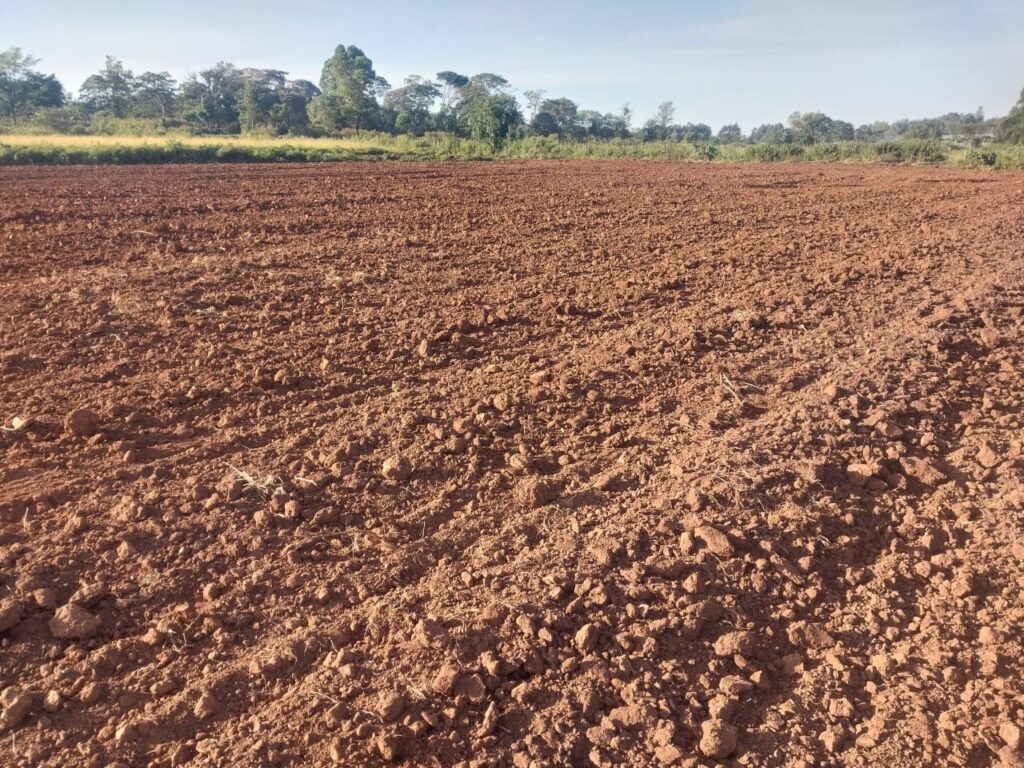
Advancing Agriculture through Genetic Excellence
Explore our standout projects that blend scientific insight and innovative solutions for sustainable crop success.
Genetic Enhancement Breakthroughs
Yield Optimization Initiative
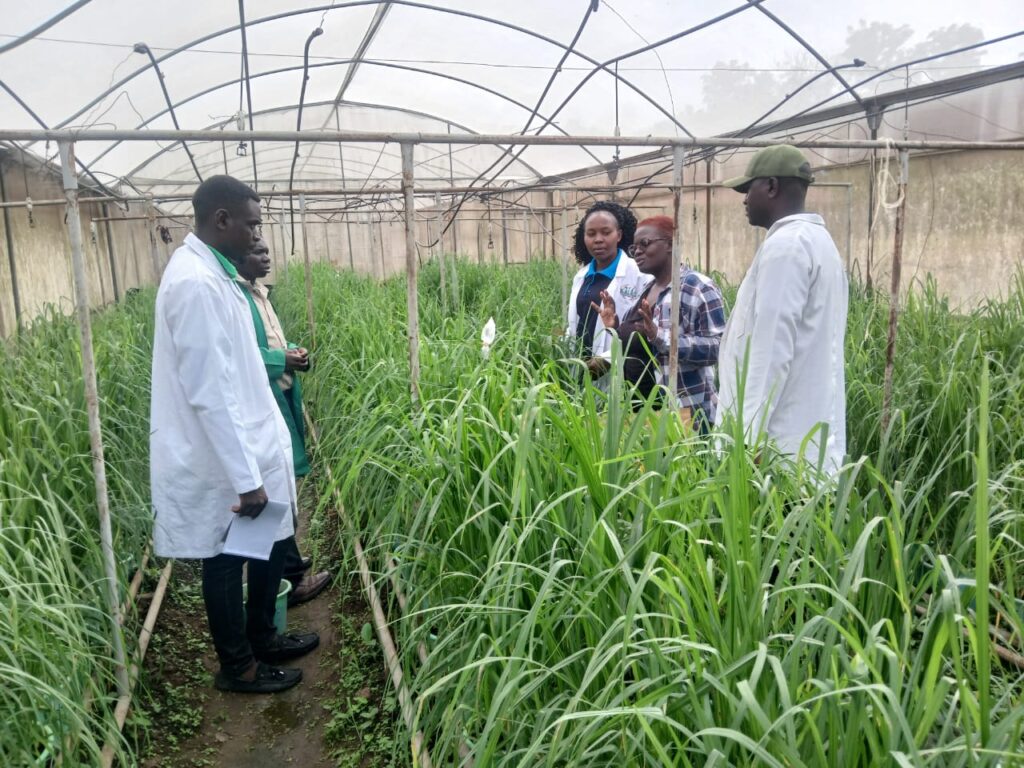
Sustainable Crop Development
Drought-Resistant Varieties
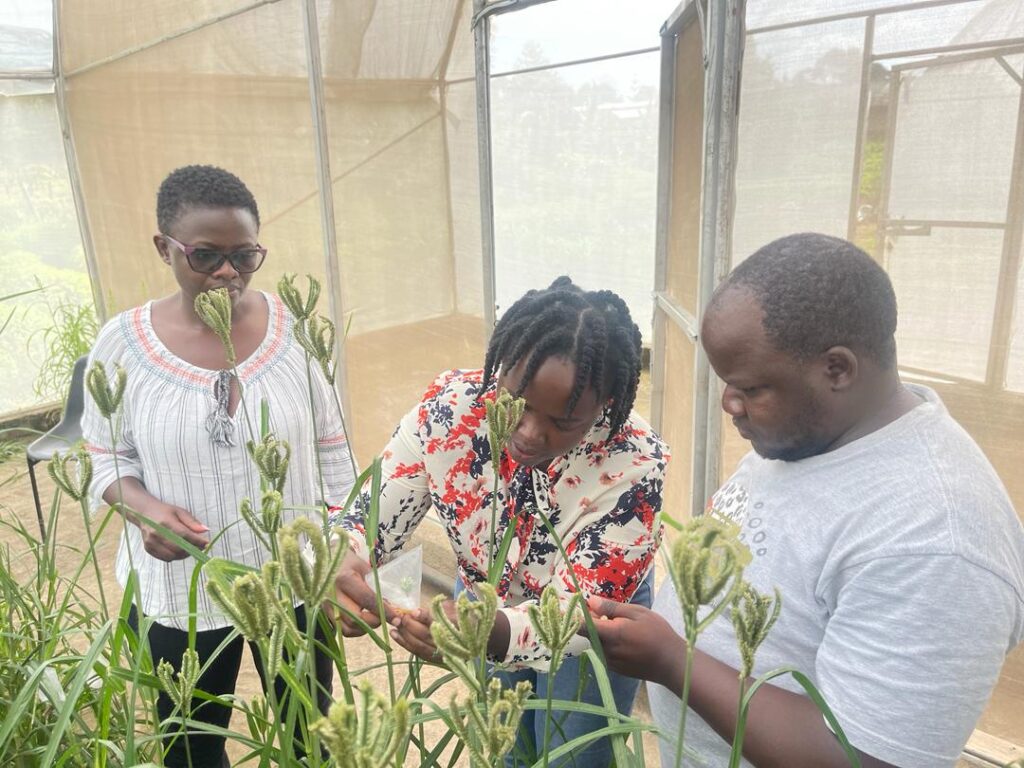
Cutting-Edge Biotech Applications
Precision Breeding Techniques
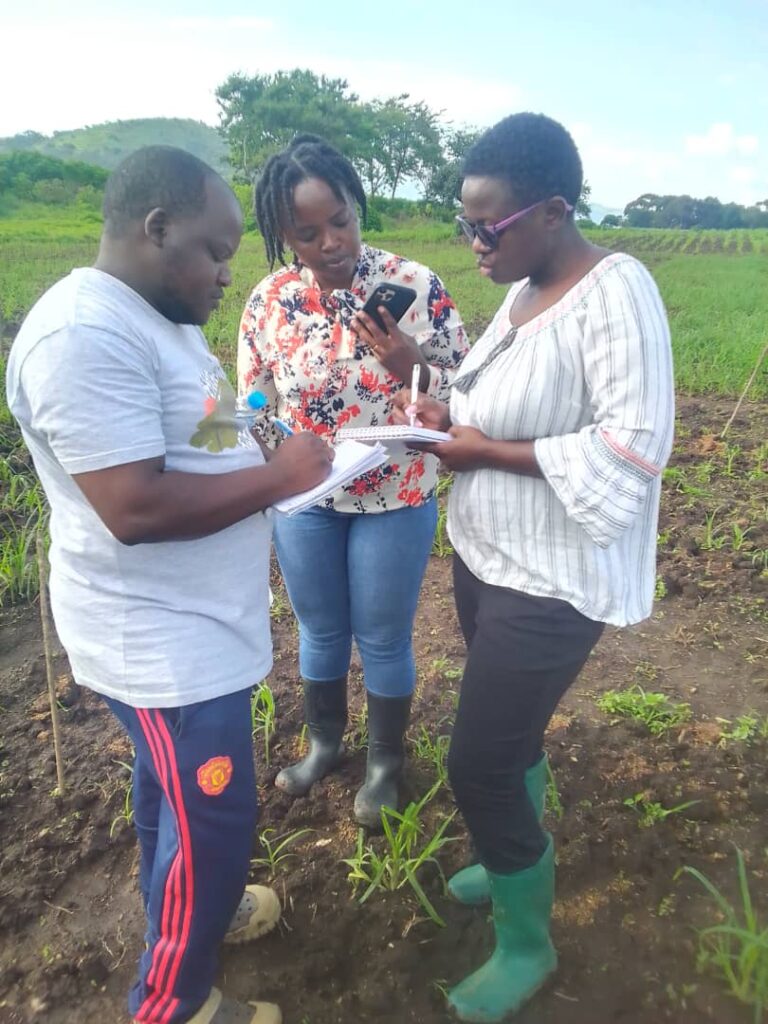
Success Stories in Sustainable Agriculture
Discover how our tailored plant breeding strategies empower your agricultural projects from concept to harvest.
Who Is Josephine Sarah Kunguni ?
Josephine S. Kunguni is a highly accomplished and experienced agricultural researcher with over 12 years of expertise in integrating science-based solutions to address critical challenges in agriculture, particularly those related to climate, environment, and livestock. Her career is distinguished by a strong focus on planning and implementing multidisciplinary research projects at leading national and international institutions in Kenya. She holds a Master of Science in Plant Genetics from the University of Eldoret, with her thesis titled, “Investigation of Ethrel Gametocide in Finger Millet (Eleusine coracana, L. Gaertn) Hybrids through Genetic Analysis.”
Key Accomplishments and Research
Josephine’s professional journey is a testament to her dedication to climate-resilient research. Her significant contributions include establishing an in vitro screening platform (rhizotron dishes) for Striga hermonthica resistance in cereals and developing successful finger millet crosses with resistance to blast, Striga, and drought. She has been a core member of multiple large-scale, funded projects, including:
- AGRA Funded Project: “Development of farmer acceptable high yielding blast disease, Striga, lodging, and drought resistant finger millet varieties for western Kenya” (2010-2016)
- McKnight Funded Projects: “Finger millet genetic and cultivation improvement, technology dissemination, and seed system enhancement in the Eastern Horn of Africa Region” (2010-2014) and “Agro-Ecological Intensification of Finger Millet Production in Farming Systems of Eastern Horn of Africa Communities” (2014-2017)
- IFAD Funded Project: “Strengthening Sorghum and Millet Value Chains for Food, Nutritional and Income Security in Arid and Semi-Arid Lands of Kenya and Tanzania (SOMNI)” (2016-2019)
- National Research Fund: “Enhancing finger millet production through access to high quality seed of improved varieties, improved post-harvest processing, utilization and marketing in western Kenya” (2017-2019)
- Global Crop Diversity Trust: “Improving Finger Millet Productivity Through Exploitation of Wild Germplasm (Eleusine spp)” (2015-2022)
Awards, Publications, and Professional Engagements
Her expertise and contributions have been recognized with several awards, including the Africa Biosciences Challenge Fund in 2018 and an award for the Biology Mean Score Result Increment at a national level in 2009. Josephine’s work is widely published in international journals and books. Her notable publications include:
- “Response of elite Kenyan finger millet (Eleusine coracana, L. Gaertn) genotypes to Ethrel application” in the International Letters of Natural Sciences journal.
- Contributions to the book Genomic Designing of Climate-Smart Cereal Crops.
- “Post-attachment resistance to Striga hermonthica in finger millet (Eleusine coracana).”
- “Validation of Sorghum Quality Control (QC) Markers Across African Breeding Lines.”
She is also an active participant in the scientific community, presenting at international conferences such as the 15th and 16th World Congress on Parasitic Plants. Furthermore, she has served as a judge for the National Kenya Schools Congress on Science and Technology and a facilitator at various workshops, including the “Molecular Breeding Workshop” and “Finger Millet Emasculation and Crossing Training Workshop.” These engagements highlight her dedication to capacity building and the dissemination of scientific knowledge to a new generation of researchers and farmers.

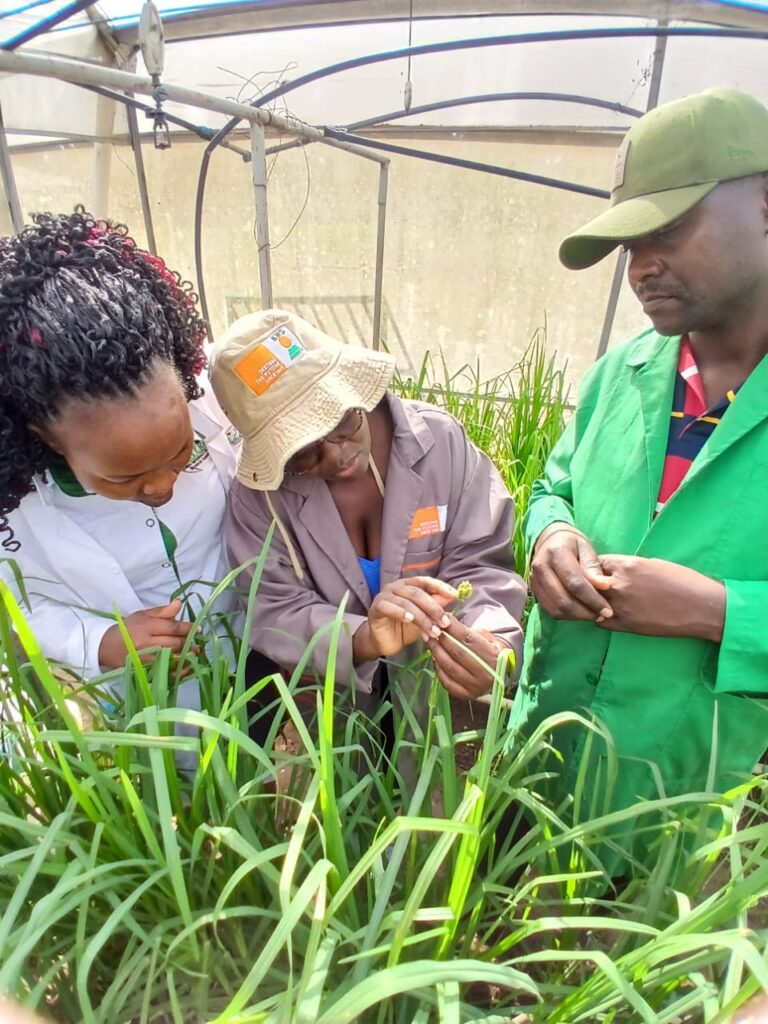
Achieving Sustainable Growth in Agriculture
A Case Study in Agricultural Biotechnology Solutions
This case study demonstrates how Josephine S. Kunguni’s work, leveraging advanced biotechnology, has successfully addressed critical agricultural challenges, leading to enhanced productivity and improved market access for farmers in Kenya.
The Challenge: Smallholder farmers in Kenya and the Eastern Horn of Africa face significant obstacles, including climate change impacts, diseases like blast fungus, and parasitic weeds such as
Striga hermonthica. These challenges severely limit crop productivity and threaten food security and farmer livelihoods.
The Biotechnology Solution: Josephine’s work focuses on applying cutting-edge scientific approaches to overcome these issues. Her key contributions include:
- Genetic Analysis for Crop Improvement: Through her research, she successfully designed Single Nucleotide Polymorphism (SNP) primers to analyze finger millet genotypes. This work enabled her to identify successful crosses that target resistance to blast, Striga, and drought, generating new, resilient sorghum and finger millet varieties.
- Molecular Breeding and Gene Identification: As a Research Fellow, she utilized RNA-Seq data to identify candidate genes for Striga resistance. This deep genetic understanding allowed for the development of tailored breeding strategies to improve plant performance traits and yield.
- Establishing Novel Screening Platforms: During her time at ILRI, she established an in vitro screening platform (rhizotron dishes) to test for Striga resistance in cereals, which led to the identification of resistant genotypes. This provided a faster, more reliable way to screen for desirable traits.
Impact on Productivity and Market Success: The application of these biotechnological solutions resulted in tangible improvements:
Capacity Building and Dissemination: She played a crucial role in disseminating this knowledge through training workshops for students and other researchers. By training others on advanced techniques like molecular breeding, she helped build a local capacity for agricultural innovation, which is essential for long-term sustainability and market growth.
Development of Resilient Varieties: Her efforts led to the creation of new finger millet crosses that are early to mature and have been recommended for release. These varieties provide a more reliable harvest for farmers, even in challenging conditions.
Data-Driven Innovation: Josephine’s work involved data management, analysis using tools like R and MetaR, and reporting findings directly to breeders. This data-driven approach allowed for more informed decisions, ensuring the new varieties had a higher chance of success in the field and on the market.
